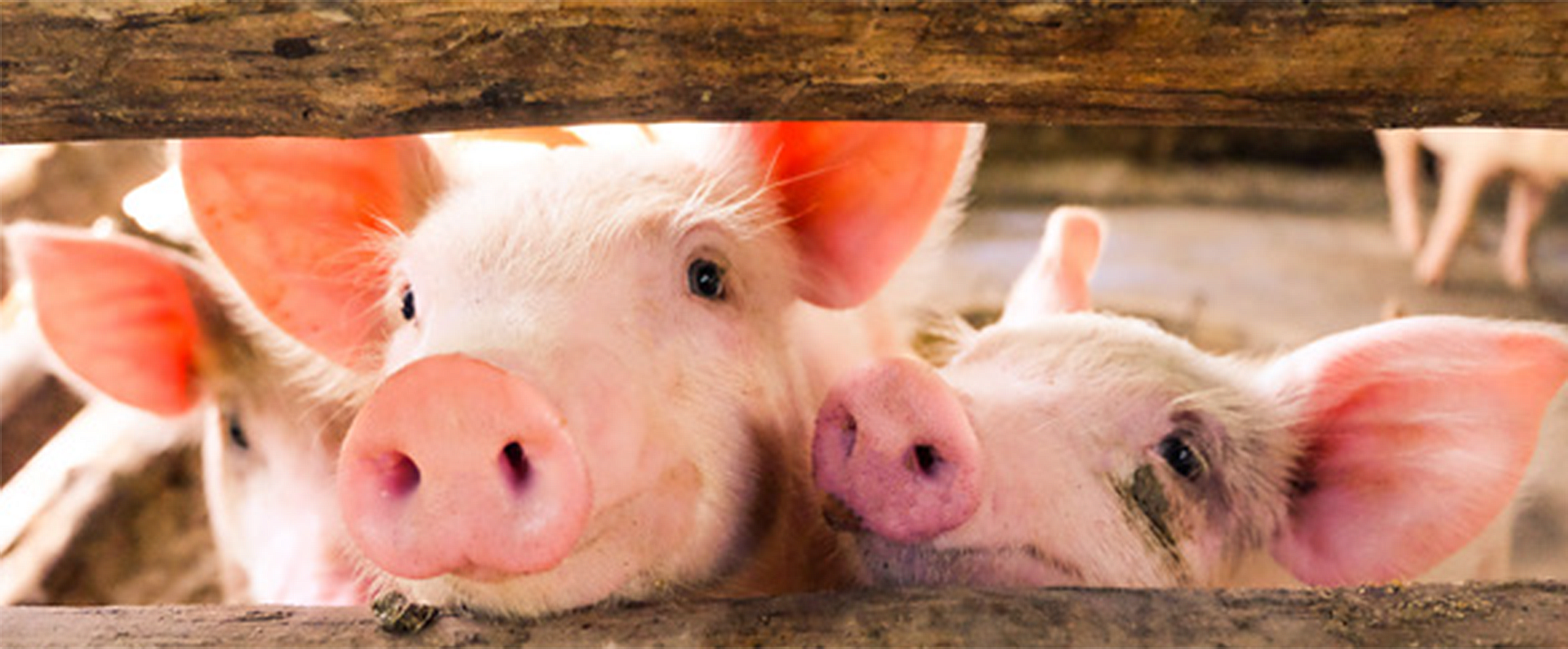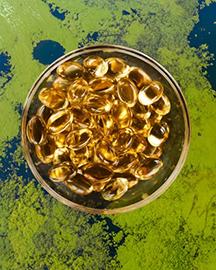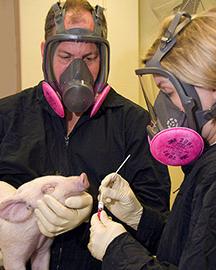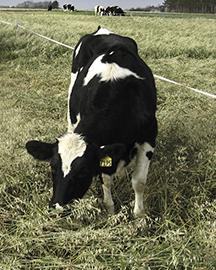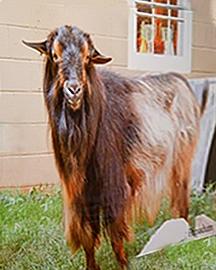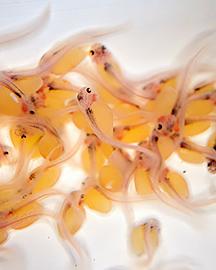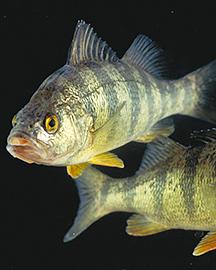ARS researchers in Ames, IA, are on the forefront of studying avian influenza in cows to protect the dairy industry.
Improving Our Nation’s Livestock
ARS researchers aim to improve the health, well-being, and efficiency of livestock, poultry, and aquatic food animals to ensure a productive and safe food supply. Emphasis is placed on germplasm characterization, improvement, and conservation; understanding the mechanisms of disease resistance; and the development of vaccines and tools to prevent, control, or eradicate diseases that threaten our food supply or public health. ARS has a National Program Area dedicated to this research: Animal Production and Protection.
In This Section
Heart Healthy Algae Oil
ARS researchers and collaborators demonstrated that oils from algae can produce the necessary omega-3 fatty acids found in fish oils.
Influenza A in Pigs a Threat to Humans
The virus influenza A strain crossed from humans to swine at least 370 separate times between 2009 and 2021.
Reversible Biocides May Improve Animal Health
ARS scientists developed novel, reversible biocides that kill disease-causing bacteria while minimizing other toxic effects.
Understanding Genetic Workings of Animals
By using telomere-to-telomere assemblies, ARS scientists can better understand the biological and genomic basis for how animals differ.
New Spawning Aid for Hybrid Catfish
ARS researchers developed a new spawning aid for female channel catfish resulting in increased egg yield.
AI is Catching on in Aquaculture
ARS-funded scientists developed an artificial intelligence (AI)-aided computer vision system for real-time monitoring of fish in recirculating aquaculture systems.


